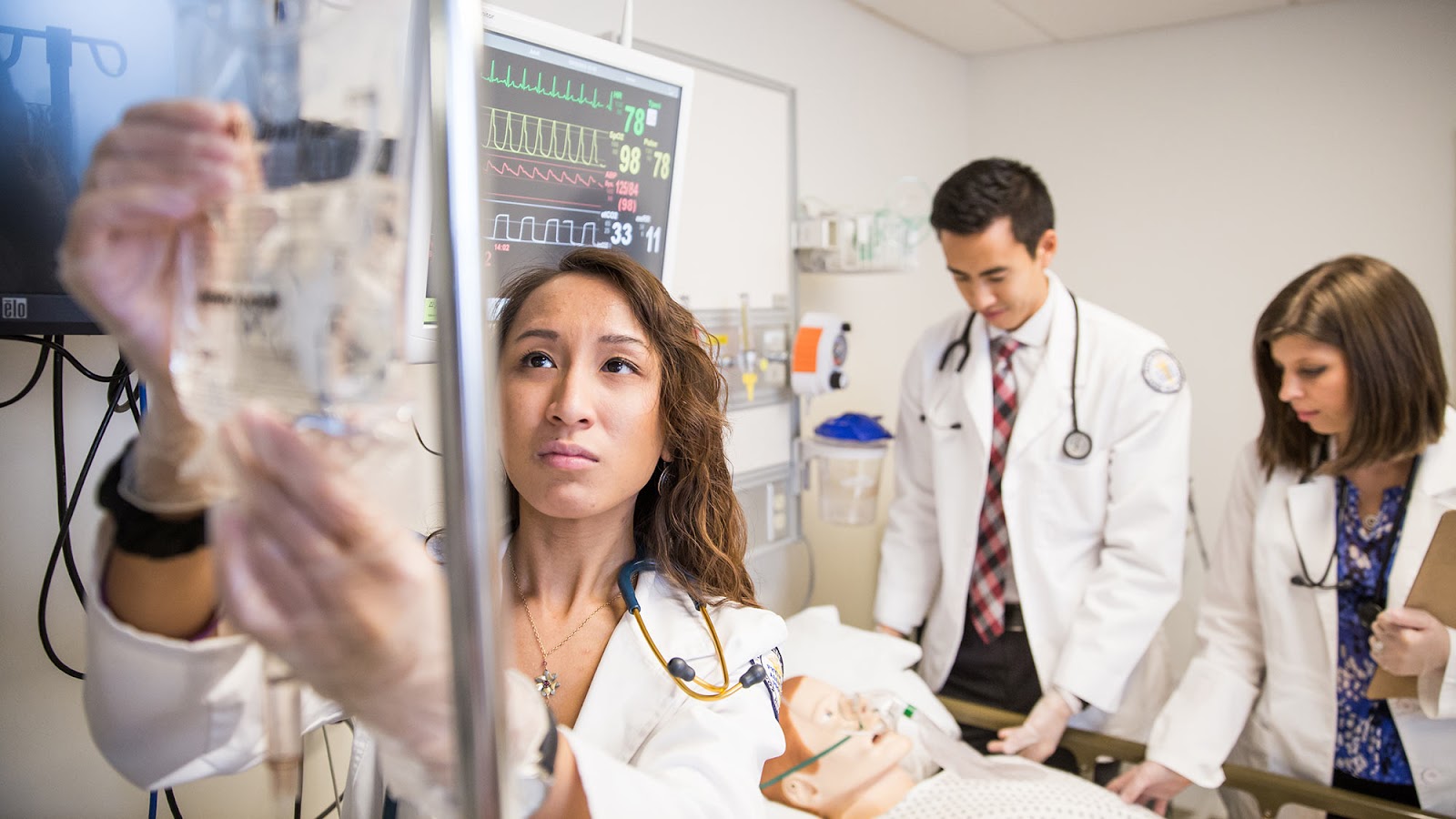In an era marked by the convergence of an aging population, evolving healthcare needs, and persistent challenges in physician staffing, the role of physician assistants (PAs) in hospital medicine has emerged as indispensable. As frontline providers in inpatient care, PAs play a pivotal role in ensuring the delivery of comprehensive, high-quality healthcare services within hospital settings.
Through an exploration of the evolving landscape of hospital-based practice, the article underscores the significance of specialized PAs in addressing the complex healthcare needs of diverse patient populations. By equipping themselves with specialized knowledge, clinical proficiency, and a commitment to excellence, PAs can navigate the complexities of hospital medicine and emerge as invaluable contributors to patient care and healthcare innovation.
Post-Graduate Fellowships in Hospital Medicine
Given the broad scope of practice in hospital medicine, many medical institutions offer post-graduate PA fellowships tailored to this specialty. These programs provide structured training beyond standard PA education, focusing on hospital-based patient care:
- Pioneered by institutions like the Mayo Clinic, these fellowships typically last about 12 months and consist of clinical rotations and didactic training;
- Modeled after the Society of Hospital Medicine’s Core Competencies, these programs emphasize proficiency in managing general medicine patients in the hospital setting.
Fellows work under the supervision of experienced physicians, gaining exposure to diverse hospital units such as the emergency department, trauma center, and intensive care units. They receive hands-on training in critical procedures, including central line insertions, intubations, and chest tube placements.
Professional Certification in Hospital Medicine
To recognize PA expertise in hospital medicine, the NCCPA introduced the Certificate of Added Qualifications (CAQ) in Hospital Medicine. This credential signifies advanced training and proficiency in this specialty area.
Eligibility for the Hospital Medicine CAQ requires PA-Cs to hold a valid state license and possess at least 3,000 hours (equivalent to 18 months) of experience in hospital medicine. Candidates must also complete a specified number of relevant Continuing Medical Education (CME) credits and receive attestation from a supervising physician regarding their competencies.
The CAQ examination assesses candidates’ knowledge and skills in various aspects of hospital medicine, including patient care, communication, evidence-based practice, and procedural proficiency.
Resources and Associations for Hospital Medicine PAs
Remaining engaged with professional associations and organizations is crucial for PA career development in hospital medicine. These platforms offer networking opportunities, continuing education resources, and advocacy support.
Relevant associations include the Society of Hospital Medicine, Association for Hospital Medical Education, American Hospital Association, Society of Emergency Medicine Physician Assistants, and American Academy of Emergency Medicine.
By staying connected with these communities, PAs can stay abreast of industry trends, access valuable resources, and enhance their professional growth in hospital medicine.
Resources for Physician Assistants in Hospital Medicine
Physician assistants (PAs) are vital members of the hospital medicine team, providing care to inpatients and working collaboratively with physicians to ensure the best possible outcomes. Here are some resources to help PAs in hospital medicine excel in their field:
- Society of Hospital Medicine;
- Association for Hospital Medical Education;
- American Hospital Association;
- Society of Emergency Medicine Physician Assistants;
- American Academy of Emergency Medicine;
- Society for Academic Emergency Medicine.
Many hospitals and health systems have their own resources available to PAs, such as mentoring programs and clinical practice guidelines. There are also a number of online communities and forums where PAs can connect with colleagues and ask questions.
Conclusions
Embarking on the journey to become a specialized physician assistant in hospital medicine demands dedication, comprehensive training, and ongoing commitment to professional development. As our healthcare landscape evolves and the demand for qualified healthcare providers continues to rise, PAs play an increasingly vital role in delivering high-quality patient care within hospital settings.
Through rigorous education, specialized post-graduate training, and professional certification, PAs can equip themselves with the skills and expertise necessary to excel in hospital medicine. Moreover, active engagement with professional associations fosters collaboration, learning, and advocacy, further enhancing career progression and impact.
Aspiring and practicing PAs alike must embrace lifelong learning and adaptability to navigate the dynamic challenges and opportunities within hospital medicine. By continually refining their knowledge, honing their clinical skills, and leveraging supportive networks, PAs can fulfill their potential as indispensable members of multidisciplinary healthcare teams, contributing to improved patient outcomes and enhanced healthcare delivery.




